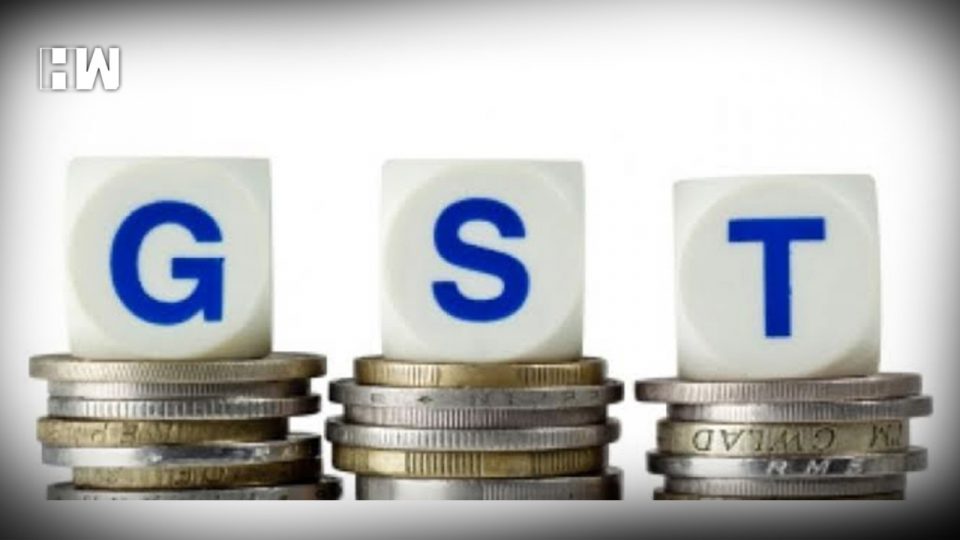New Delhi: The country’s Goods and Services Tax (GST) regime will see a host of procedural and tax rate changes from January 1. Among other changes is liability on e-commerce operators.
Starting next year, e-comm startups are liable to pay tax on services provided by them in terms of passenger transport or restaurant services. The GST Council has also done some changes in the inverted duty structure in the footwear and textile sectors.
Passenger transport services provided by startups will attract a 5 per cent GST rate, though auto-rickshaw drivers providing services via offline or manual mode have been exempted.
From January 1, the e-comm startups like Swiggy and Zomato will collect GST on services provided via them. They will now have to share invoices of such services with the authorities. However, it’ll not lead to any extra tax burden on end-consumers as the same tax is currently being collected by restaurants.
The decision to shift the compliance to startups was taken after the government estimate that showed underperforming worth ₹2,000 crore by food delivery apps or aggregators in two years. The Centre expects this move will enhance the tax collection.
Other anti-evasion measures are mandatory Aadhaar authentication for claiming GST refund, blocking of the facility of GSTR-1 filing in cases where the business has not paid taxes and filed GSTR-3B in the immediate previous month.
As an independent media platform, we do not take advertisements from governments and corporate houses. It is you, our readers, who have supported us on our journey to do honest and unbiased journalism. Please contribute, so that we can continue to do the same in future.

